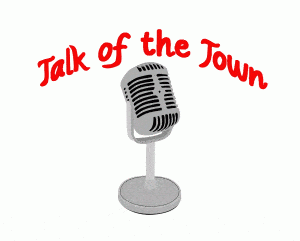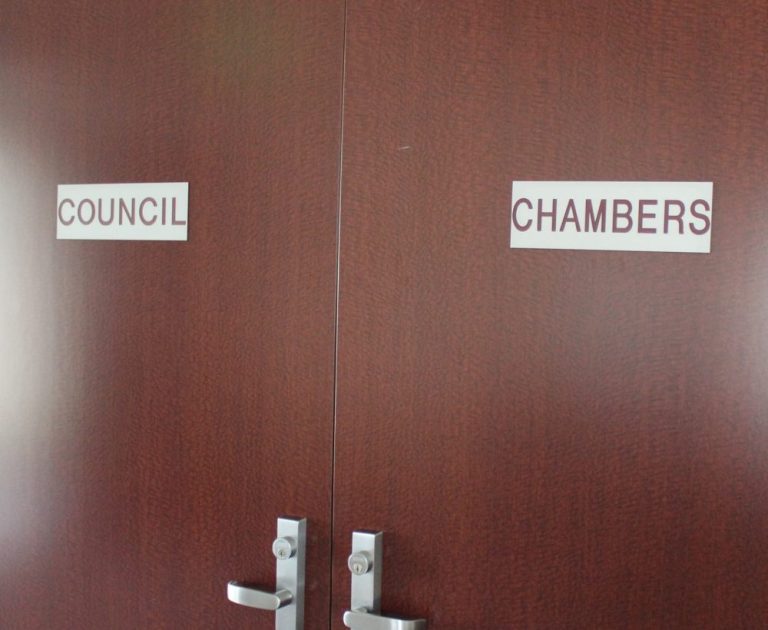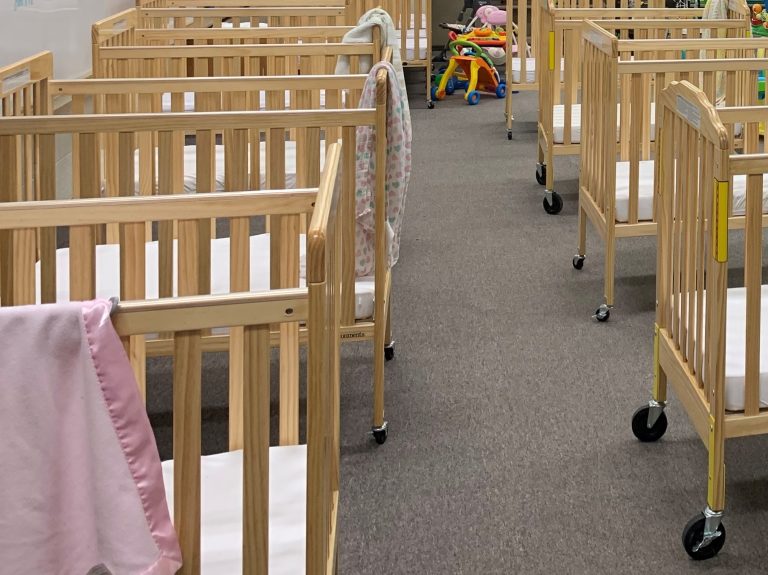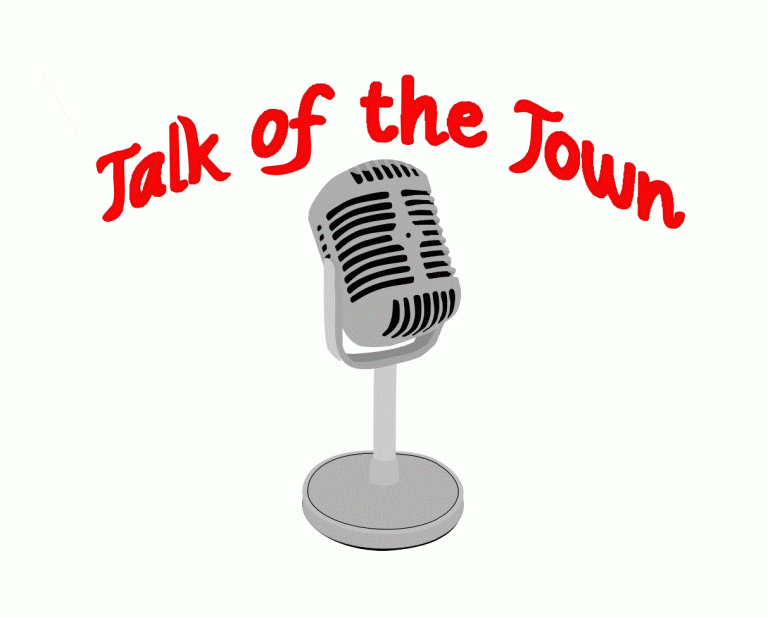Statewide Iowa — As a crossroads for three major interstates, authorities say Iowa is a critical troublespot for human trafficking — and problems are worsening in the pandemic. Megan Cutter, director of the National Human Trafficking Hotline, says the first month of COVID-related shutdowns brought a 40-percent increase in crisis calls, while requests for shelter nearly doubled. Cutter says recent federal funding sent to local communities to help victims find housing is vitally needed.
(As above) “What we really do is reflect what’s happening on the ground, what resources exist for trafficking victims and survivors,” Cutter says. “So, the more resources there are, the more options there are, the more choices people have when they reach out to us and they’re looking for help.”
Cutter says any legislation, federal or state, that can help provide stable housing to those in need, will go a long way toward helping curb human trafficking. It’s estimated 40-million people are trafficked every year in an industry worth 150-billion dollars a year. Cutter says traffickers often prey on people who don’t have a secure place to live.
(As above) Cutter says, “Any sort of policy that allows for folks to have housing assistance and access safe and affordable housing is something that we think would have a positive impact on the most vulnerable.”
The 2019 investigative documentary, “Gridshock,” explored the human trafficking industry in Iowa and claimed people are being bought and sold for sex — every day — in communities across the state. The National Human Trafficking Hotline is 888-373-7888.
https://polarisproject.org/












